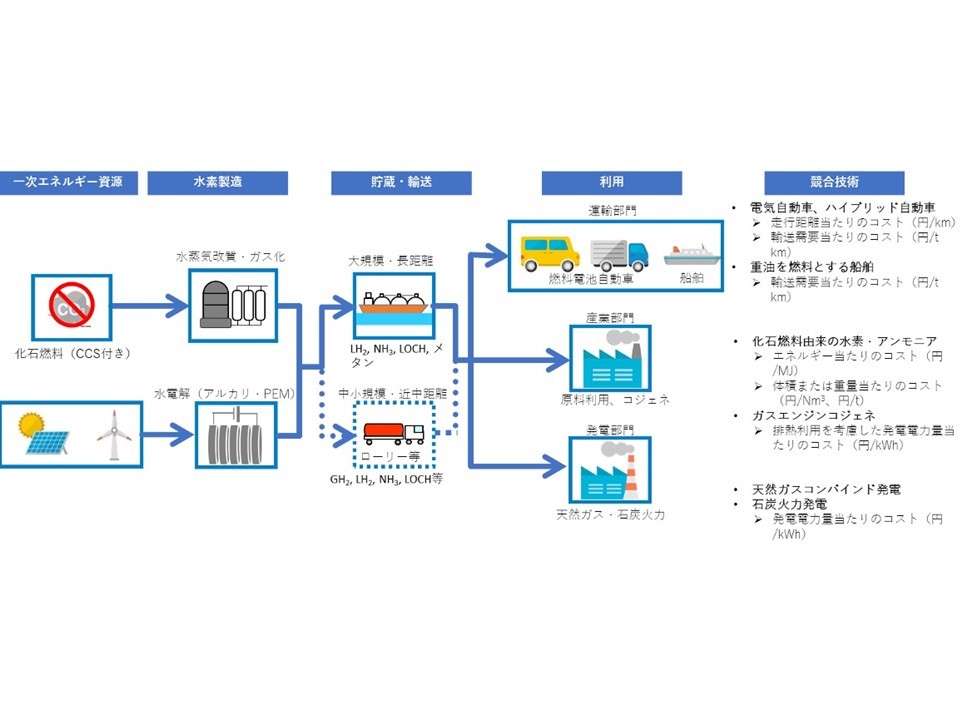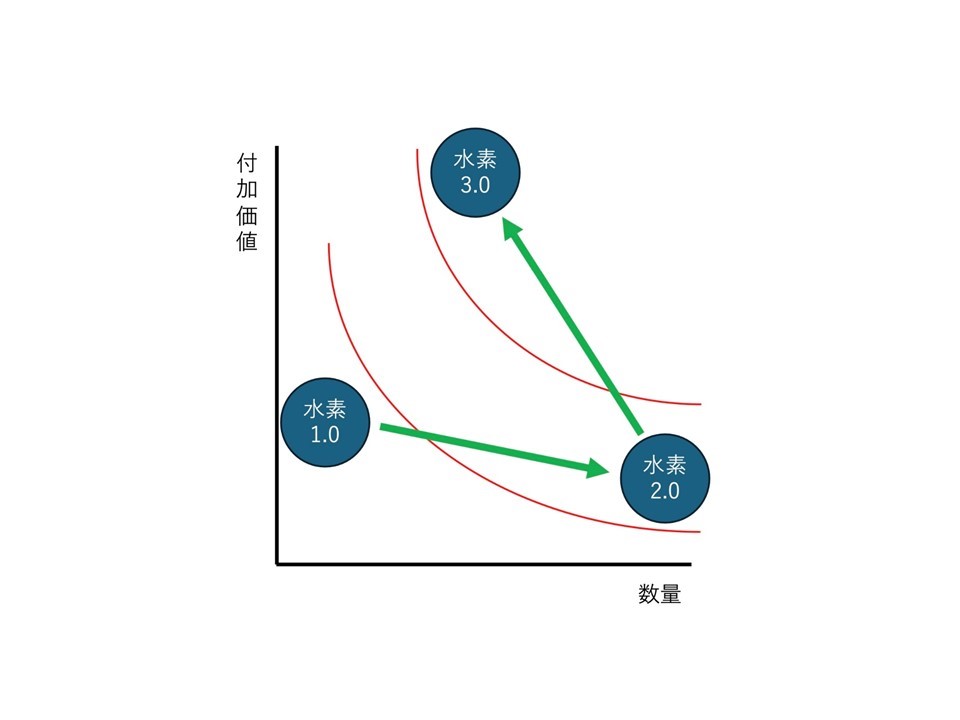- HOME
- Research
- Research Category
- Division of Global Security and Energy Transition (Energy Policy, Renewable, Hydrogen) Hashimoto Laboratory
Division of Global Security and Energy Transition (Energy Policy, Renewable, Hydrogen) Hashimoto Laboratory
Value creation in the era of Energy Transition
1. Geopolitics in the era of energy transition
Energy Transition is in progress rapidly around the world. The shift to renewable energies might bring a huge impact to the energy politics that was developed based on fossil fuel-based energy trade in the previous century. The deployment of hydrogen, which is a flexible energy carrier, is rapidly expanding everywhere in the world, and will give the renewable powers a chance of long-distance trading. These technological changes will bring big influences in geopolitics over energy resources and reshuffle the players in energy trade globally. Technology will become a key element in geopolitics of Energy Transition Era replacing fossil fuels reserves in the previous era. Dominance of such key technologies is essential in ensuring energy security in the coming days. A new research project is launched on the geopolitical implication of key technologies in the era of Energy Transition. The project aims at identifying challenges Asian Pacific countries face in securing key technologies in renewable based energy society, and see its influence on energy geopolitics, then develop policy recommendations for the measures to address such issues.
2. Techno-economical analysis of Hydrogen Supply Chains
In fostering the global trade of hydrogen, explicit knowledge of the cost and carbon intensity of hydrogen supply chains is essential in ensuring the economy and carbon neutrality of the hydrogen supply chains. A research project is launched to deepen the understanding of the models used to calculate costs and greenhouse gas (GHG) emissions intensity of international hydrogen supply chains. The obtained results will be used to identify the key drivers of costs and emissions reduction, and to provide recommendations for policymakers.
3. Creating value in Energy Business
In the business of new energy technologies, the cost of energy needs to be low enough to penetrate the market. Lower energy prices might reduce the profit margin hence discourage new investments flow. How can we solve this dilemma? Is there any way to pay more for energy? What else is the value of energy to pay? A research project is to be launched to answer these questions.

Symposium of Global Security and Energy Transition

Hydrogen Supply Chain

Evolution of Hydrogen Usage
Research institutions around the world are engaged in analyzing hydrogen costs. In cost analysis using economic models, results can vary greatly depending on slight differences in assumptions and outlooks. This is partly due to differences in the perspectives of the modelers (which I call "modelers' beliefs"), and even when using the same calculation model and data, the results can differ or even be opposite at times.
Therefore, a project has been initiated under the International Energy Agency’ s (IEA) Hydrogen Technology Collaboration Programme (H2TCP) to visualize the beliefs of modelers worldwide by comparing hydrogen cost analysis models from various countries. By comparing these models and examining the commonalities and differences, we can achieve a more precise understanding of the cost structure and propose strategies to achieve significant cost reductions, which is a key challenge for the widespread adoption of hydrogen.
This project was proposed and realized by Japan and we are members of the project.
Member

-
- Professor
Michio HASHIMOTO
Research Area: Energy Policy, Renewable, Hydrogen - Professor
<As of October 2025>
Tags

